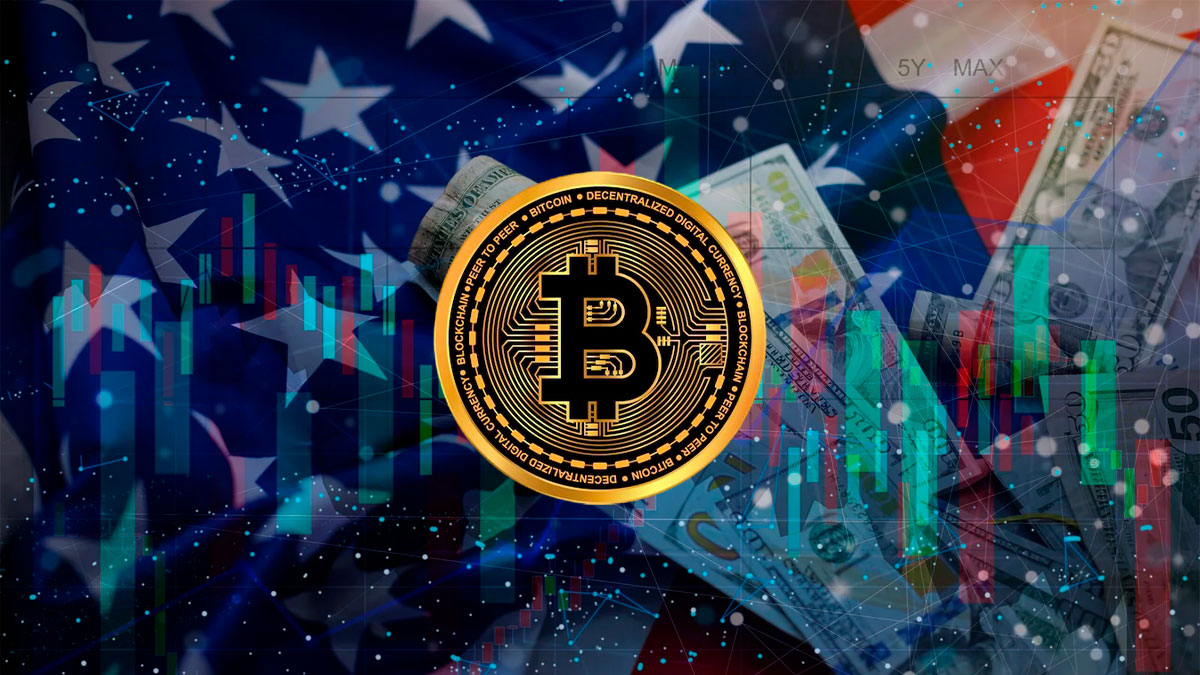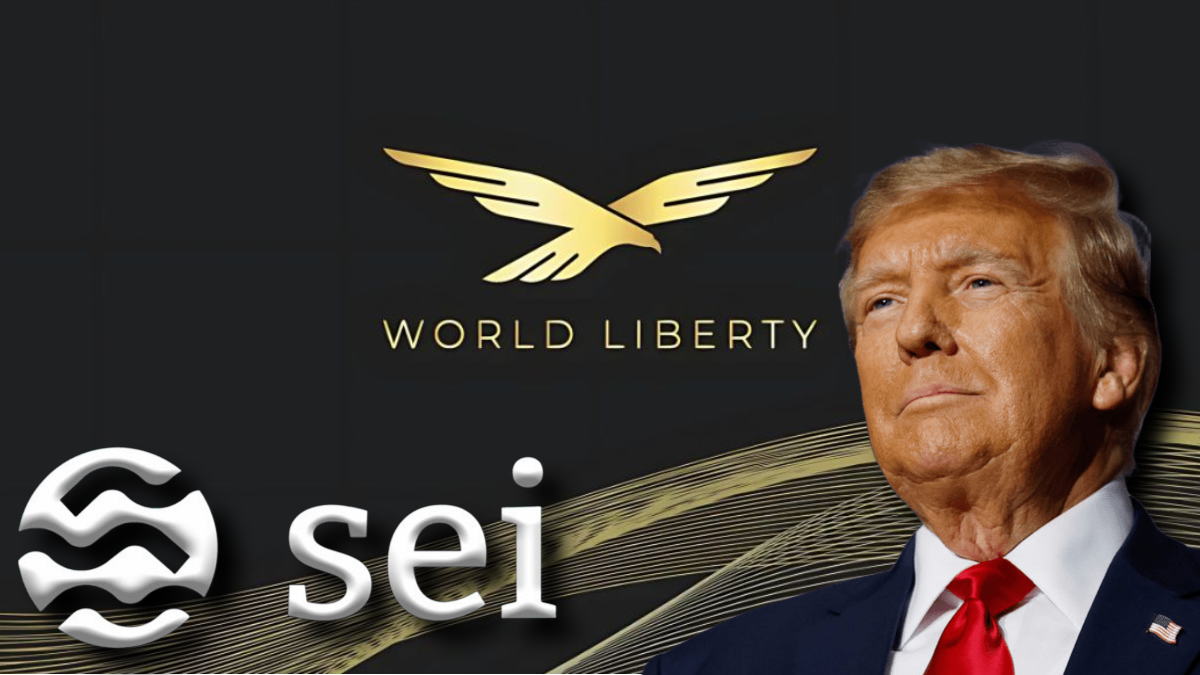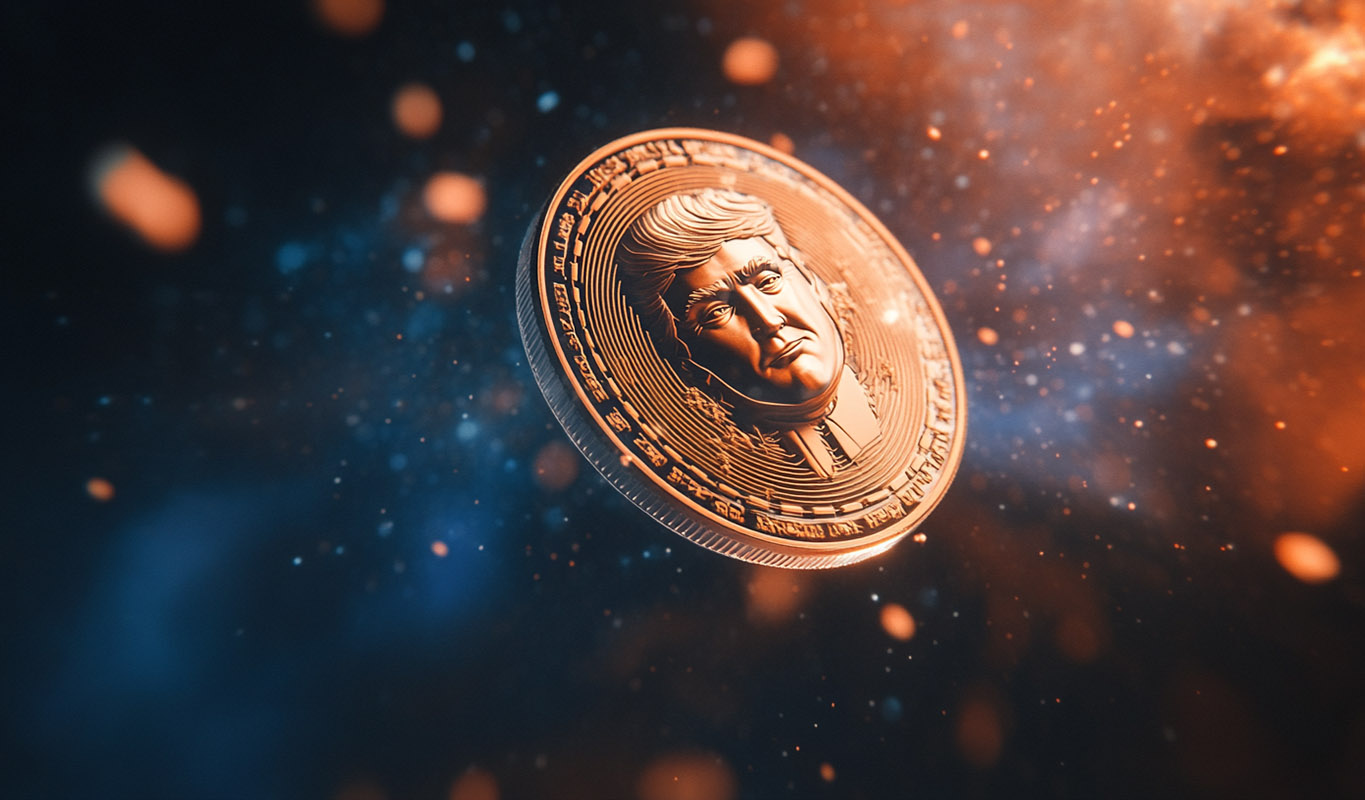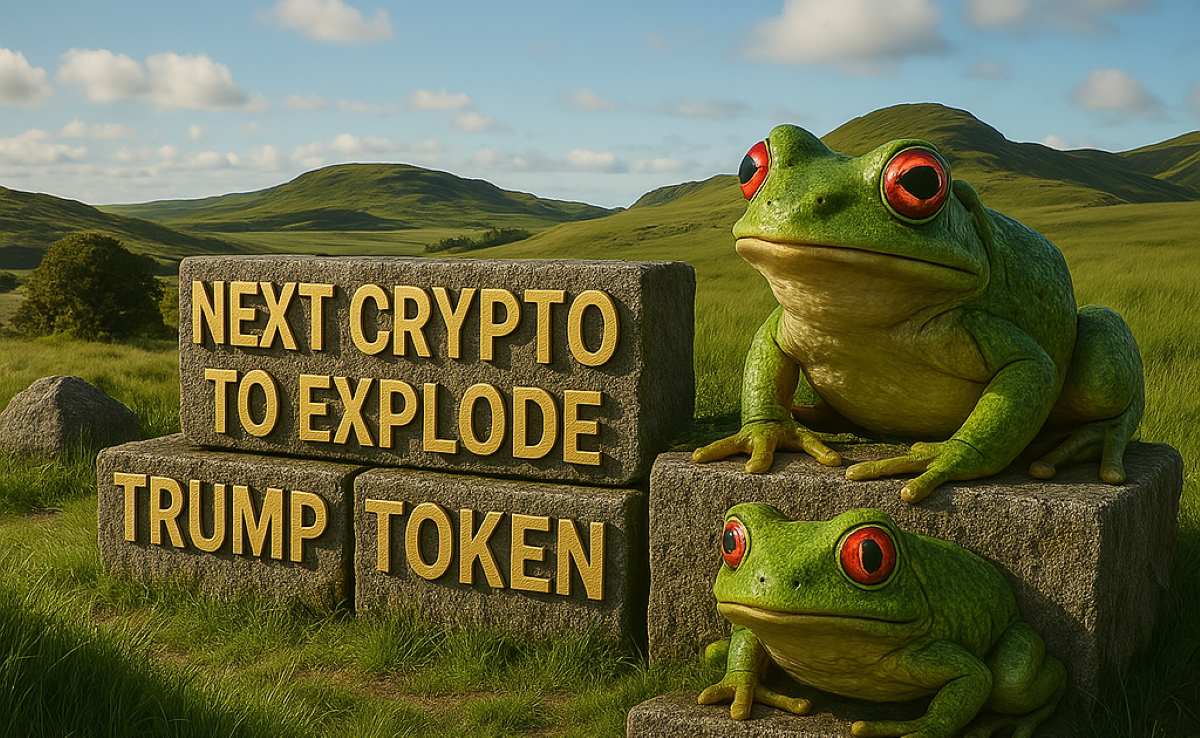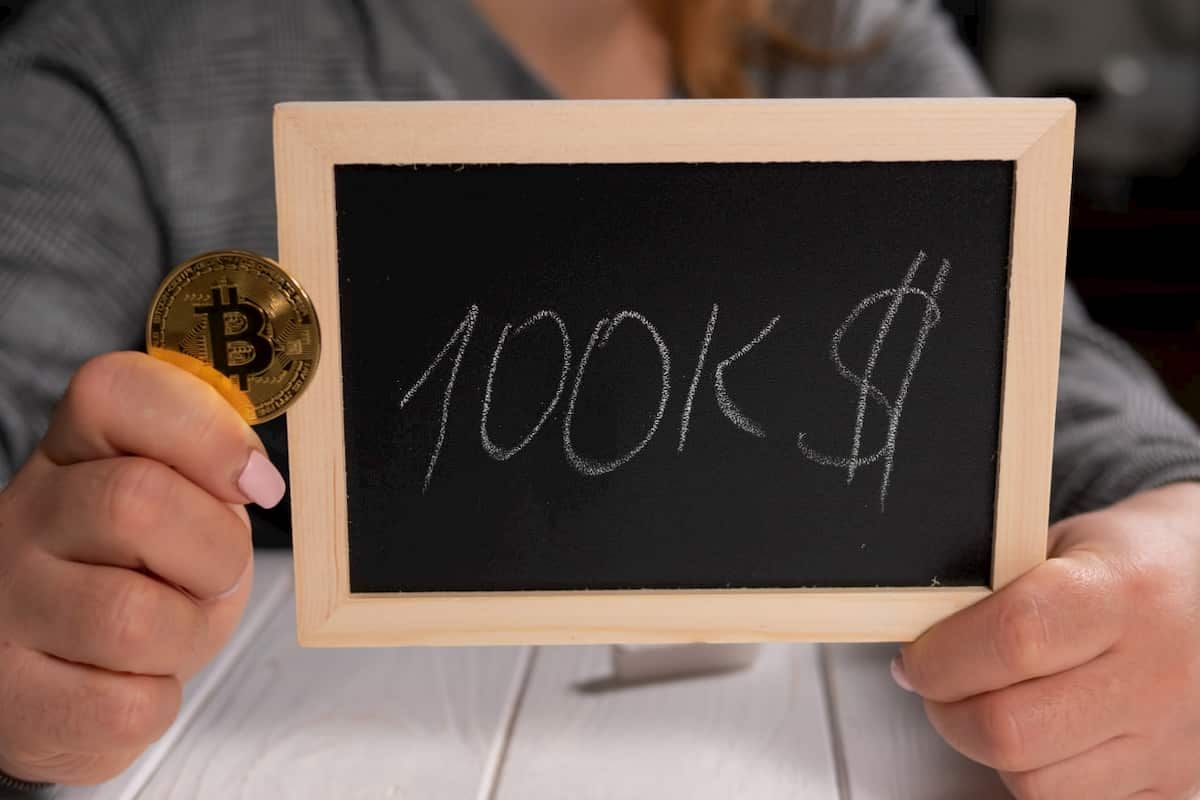Decoding the Connection Between Consumer Inflation Expectations and Bitcoin
In the ever-evolving world of finance, two significant factors have been making waves – consumer inflation expectations and Bitcoin. The former is an essential economic indicator that reflects the public’s anticipation of future price increases. The latter, Bitcoin, is a decentralized digital currency that has gained immense popularity as a store of value and hedge against inflation.
The Impact of Escalating Inflation Expectations on Bitcoin
When consumer inflation expectations rise, it can lead to increased uncertainty and anxiety amongst investors. Historically, investors have turned to traditional safe-haven assets like gold during times of high inflation. However, with the digital age, Bitcoin has emerged as a potential alternative.
Bitcoin’s limited supply, which is capped at 21 million, makes it an attractive proposition for those looking to hedge against inflation. If consumer inflation expectations continue to surge, the demand for Bitcoin could increase, driving up its price. Consequently, Bitcoin’s status as a refuge against rising prices could be fortified.
Moderate Inflation Expectations: A Possible Speed Bump for Bitcoin
Conversely, if consumer inflation expectations remain moderate, it could potentially reduce investor urgency for Bitcoin. In such a scenario, investors might be less inclined to rush into Bitcoin as a hedge against inflation. Instead, they might opt for other assets or simply wait and observe the situation.
Personal Implications
As an individual investor, understanding the relationship between consumer inflation expectations and Bitcoin can help you make informed decisions. If you anticipate a rise in inflation, adding Bitcoin to your investment portfolio could be a prudent move. However, it’s essential to remember that investing always comes with risks, and Bitcoin is no exception.
Global Implications
On a larger scale, the connection between consumer inflation expectations and Bitcoin can have far-reaching implications. For instance, if a country experiences high inflation, its residents might turn to Bitcoin as a hedge. This could result in increased demand for Bitcoin and a potential price surge.
Conclusion
Consumer inflation expectations and Bitcoin are two intricately linked yet distinct phenomena. While the former is an economic indicator, the latter is a digital asset. Understanding the relationship between the two can help investors make informed decisions. As inflation expectations rise, Bitcoin’s appeal as a hedge against inflation could grow. Conversely, moderate inflation expectations might reduce investor urgency for Bitcoin. Regardless of the scenario, it’s crucial to remember that investing always comes with risks, and it’s essential to do your research before making any investment decisions.
- Consumer inflation expectations reflect the public’s anticipation of future price increases.
- Bitcoin is a decentralized digital currency that has gained immense popularity as a store of value and hedge against inflation.
- A rise in consumer inflation expectations could fortify Bitcoin’s status as a refuge against rising prices.
- Moderate inflation expectations might reduce investor urgency for Bitcoin.
- Understanding the relationship between consumer inflation expectations and Bitcoin can help investors make informed decisions.

